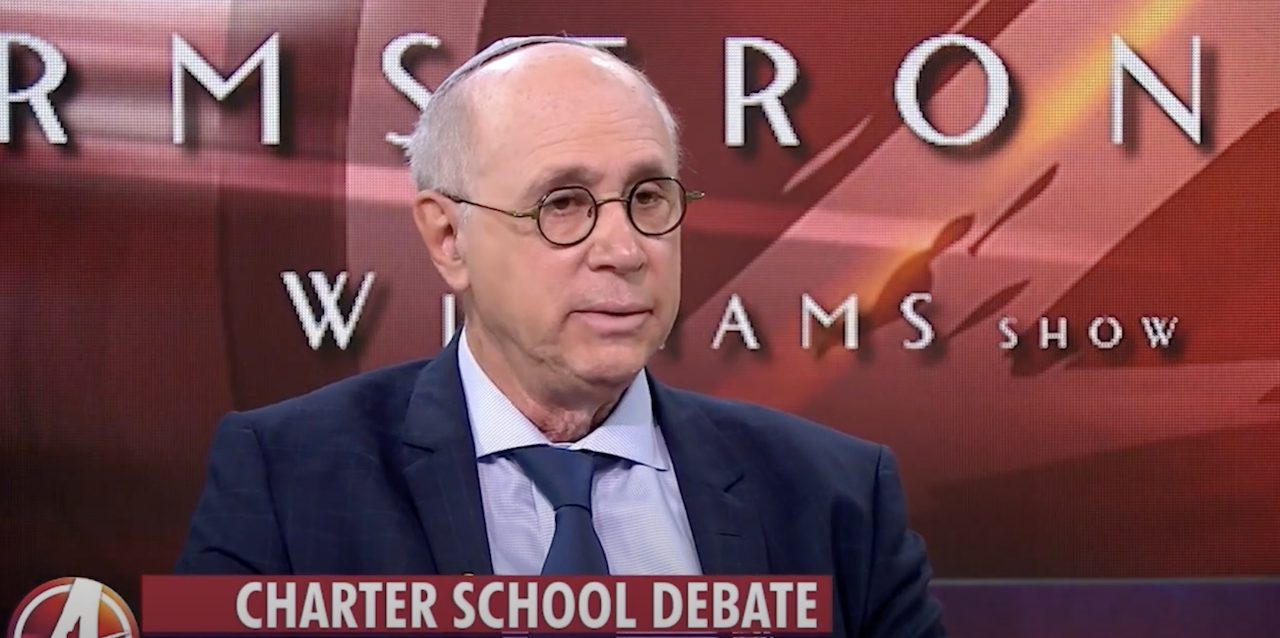Where is God?
This past Shabbat we were privileged as a congregational community to celebrate the bat mitzvah of Leah Sachs. Leah’s accomplishment overcoming her challenges is a tribute to her determination, hard work and perseverance, as well as to the abiding faith and love of her parents and family. It could not have happened without the support and caring she received from our staff, as described in this beautiful article in the Washington Jewish Week: https://washingtonjewishweek.com/52028/how-leah-sachs-changed-her-synagogue/community/celebrations/bnai-mitzvah/.
Here is the sermon I gave this past Shabbat when she became a bat mitzvah.
Where is God?
Pekudei 2019
With today’s Torah reading we conclude the eleven parshiyot that make up the Book of Exodus. Exodus opened with the enslavement of the Israelites and the birth of Moses, the leader who will bring his people out of slavery. It concludes with them as a free people who have been liberated from bondage. They have witnessed extraordinary miracles and events not seen by any other generation, including the 10 plagues inflicted upon the very same taskmasters who oppressed them. They have been party to the splitting of the Red Sea and the drowning of the soldiers of the mighty regime who had ruled and enslaved them, who they feared as they once seemed invincible. From there they went on to receive the Two Tablets containing the Ten Commandments and entered into a Covenant with God at Mt Sinai where they pledged that they and all the generations who came after them would live by the ethical teachings and the ritual laws He has given them.
And in the readings of the last few weeks we read about the construction of a Tabernacle, a place where the Shechinah, God’s Divine Presence rests and which will accompany them throughout their journey.
Not bad for a motley crew of former slaves.
What are we to make of all this? Is it history? Is it myth? Is it metaphor? Is it literature? Is it merely a story? Is it true?
Regardless of how one views the Bible, and whether one thinks it comes from God, or is the product of humans who may have been inspired by God, it contains great lessons for all time. Regardless of whether you think it is true or not, we can all agree that it contains great truths.
We can concur that it is clearly the description of a people engaged in the noble pursuit of seeking to find how to bring God’s presence into the world.
Rabbi Manis Friedman who recently spoke to my confirmation class when we were in New York a few months ago said that unlike all other religions which aspire to find how we humans can get from earth into heaven, Judaism is unique for it is interested in the opposite. Its primary raison d’etre is to bring heaven to earth. In other words its concern is the quest to bring God into our lives and into our world. That is the ultimate purpose of living by the mitzvoth, the commandments.
It is why Rabbi Abraham Joshua Heschel said, “No one is ever lonely when performing a mitzvah, for it is where man and God meet.”
The chapters we read today, and in the preceding weeks focus on the effort of our people in the wilderness of Sinai to experience God. Having journeyed forth from Mt. Sinai, where God appeared amidst a grand display of thunder and lightning, and after witnessing all that they have experienced, the parting of the Sea, the drowning of the Egyptians, and the 10 plagues, they wanted to somehow preserve and perpetuate that encounter with the Divine. They may have recognized that it would never again be as dramatic a theophany as what had transpired, but they still wanted to sense God in their lives.
And so our Torah reading, and the Book of Exodus concludes with the words, “When Moses had finished the work, the cloud covered the tent of meeting, and God’s presence filled the Tabernacle.”
God’s Divine Presence, or Essence is the word Shekinah, which is why the Tabernacle is called a Mishkan – from the same word, meaning that God dwells there. It was not meant to imply that God could only be found there, for after all, Judaism asserts that God is not finite, but Infinite, and Eternal, and can be found everywhere. As the Psalmist proclaimed, the whole world proclaims His Holiness.
The Mishkan exists no more. The Temple exists no more, leading a student of the Kotzker rebbe to ask his rebbe, “Where does God dwell?” He replied, “God dwells wherever we let Him in.”
This means that we have the capacity to find God if we but look for evidence of God. Each and every one of us can help to make God present in the world. When we act with compassion; when we follow the precepts of the Torah; when we pursue justice and fairness; when we work for Tikun Olam, when we perform mitzvot. All of this is where we find God.
And my friends, on this Shabbat, when we, like the child who innocently asked his rebbe, where is God, we can reply with confidence — God is here with us today, in this Sanctuary, on this Shabbat, as we celebrate Leah’s bat mitzvah.
Rabbi Stuart Weinblatt
Congregation B’nai Tzedek
Potomac, MD
March 9, 2019




